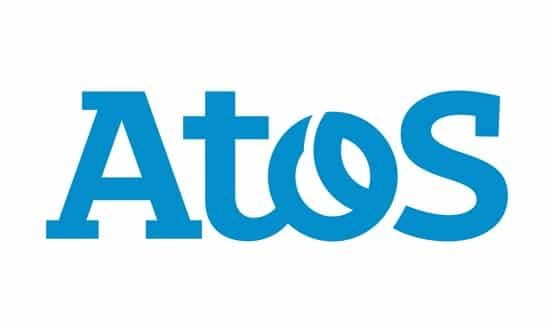Australia warns of e-health fragmentation
- 30 December 2008
 Australia requires a national co-ordinated approach on e-health, or risks creating duplication and fragmentation, states a new national e-health report.
Australia requires a national co-ordinated approach on e-health, or risks creating duplication and fragmentation, states a new national e-health report.
Without such national co-ordination the country risks continuing to waste IT investments by failing to develop systems that can be scaled nationally.
The warning comes in a new National E-Health Strategy, produced by consultants Deloitte and Touche, on behalf of the Australian Health Ministers’ Conference earlier this year. The summary report was published in December.
"At its core, health is a knowledge industry with information being central to all aspects of care planning, management and delivery," the Deloitte reports states. "Despite this, the primary information tools used to manage health care in this country still revolve around pen, paper and human memory."
It concludes that despite €2.6 billion (AU$ 5 billion) of e-health investment over the past 10 years the Australian health sector – organised along federal lines with state’s running health services – has only made "marginal" progress on e-health.
“Despite this investment Australia has only made marginal progress towards being able to electronically exchange information across different parts of the health sector due to the limited co-ordination of e-health plans and investments.”
The report refers to the diverse array of e-health projects underway locally, but says local results may not translate into a national system able to transfer patient details electronically.
“A number of Australian e-health projects have already delivered promising results and have allowed individual parts of the healthcare system to address specific local needs. However, the reality is that in almost all cases these projects have produced IT solutions that cannot be easily connected with other health information systems or scaled up…”
The solution recommended is much greater national co-ordination: “Without some form of national co-ordination there is a very real risk of extensive duplication of e-health effort and expenditure and the creation of a whole range of new solutions that cannot be integrated across the continuum of care.”
"The relative lack of maturity of information technology within the health sector has important implications for patient safety … studies have found that up to 18% of medical errors are due to the inadequate availability of patient information," states the report.
Deloitte’s report recommends Australia embark on a strategy of coordination and alignment across government jurisdictions, focused in four areas:
• Implementing the national "health information highway" (infrastructure and rules to allow information to be shared)
• Stimulating investment in high-priority IT systems and associated tools
• Encouraging the health sector to use the tools
• Establishing an e-health governance regime




